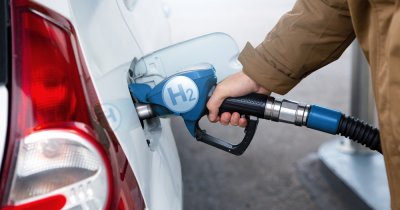According to Reuters, this should help accelerate the transition to non-emissive vehicles in an effort to fight climate change.
Also, there is a new target for gas and diesel-powered vehicles, which implies that from 2030, these should achieve emission cuts of 55% compared to models from 2021.
Jan Huitema, the parliament's lead negotiator on the rules, said that "the operating costs of an electric vehicle are already lower than the operating costs of a vehicle with an internal combustion engine."
He also urged carmakers to bring more affordable EVs to the market so that more people could start adopting them and give up on using old, polluting vehicles.
The final approval of the law that was agreed upon since October last year is expected to happen in March.
New vans must also comply with a 50% emissions reduction by 2030 and full carbon neutrality by 2035.
Volkswagen is one of the brands that announced it will offer electric models only from 2033 and beyond, making the transition two years earlier than required.
Still, to offer small manufacturers a chance, specifically those who make less than 10.000 cars per year, EU representatives say that they can negotiate a pass until 2036.
 Mihai - Cristian Ioniță
Mihai - Cristian Ioniță












Any thoughts?